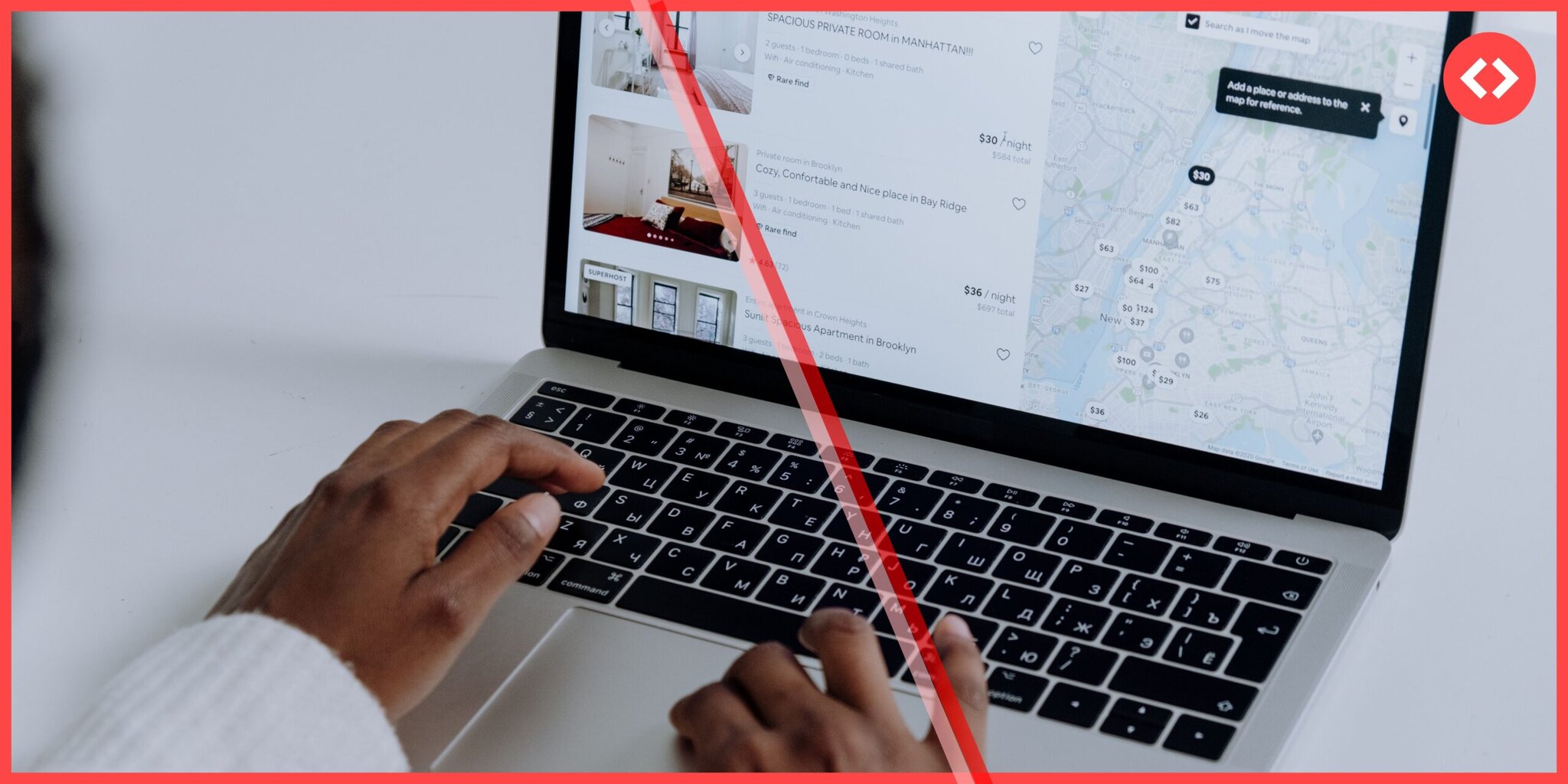How to start an Airbnb the right way—whether it’s a side hustle from a spare room, income from a second home, or a full-fledged short-term rental business—takes more than just uploading photos and waiting for bookings. This guide walks you through the essentials, from legal basics and smart tools to guest experience and long-term growth.
We’ll help you:
- Understand what’s legally required
- Choose the right property
- Furnish and design for guest experience
- Build a listing that books
- Avoid common beginner mistakes
- Learn how long it takes to get your first booking
- Understand basic pricing, taxes, and Airbnb rules
You’ll also find links to deeper resources from Rental Scale-Up and a checklist to get you started right.
1. Can You Legally Host on Airbnb in Your Area?
Before you dive into listing your place, it’s essential to understand how to start an Airbnb legally in your area. Many cities and towns have restrictions around:
- Zoning rules (e.g., residential vs. commercial use)
- Primary residence vs. second home laws
- License or registration requirements
- Safety inspections and tax obligations
💡 Example: New York City, Barcelona, and Amsterdam all have strict short-term rental rules. Meanwhile, other regions may welcome new hosts with fewer restrictions.
2. What Makes a Good Airbnb Property?
Not every property is Airbnb-ready. Consider:
- Location: Tourist attractions, walkability, or views
- Size: Solo travelers, couples, or groups?
- Layout: Private entry and bathrooms can boost appeal
- Parking: A must in some cities
- Noise and neighbors: Thin walls = bad reviews
If you’re still shopping for a property, think about proximity to demand drivers: universities, hospitals, downtown centers, or events. You can even use free tools like PriceLabs’ Revenue Estimator to understand the range of revenue you could earn based on the location of your market.
3. Furnishing and Design Basics
Design doesn’t need to be expensive—but it does need to be intentional. Guests notice things like lighting, bedding, and small touches.
Airbnb design tips:
- Use layered lighting (overhead, bedside, task)
- Invest in good mattresses and blackout curtains
- Choose durable, washable fabrics
- Avoid clutter—but include personality
- Add helpful signage (WiFi code, house rules)
4. Cleaning Rules and How to Set Up a Reliable Process
Cleanliness is one of the top reasons guests leave bad reviews. Set a high bar:
- Hire a professional cleaner (or train a reliable one)
- Create a checklist for each turnover
- Supply backups: sheets, towels, soaps
- Keep cleaning supplies onsite
Airbnb Cleaning: A Guide for Hosts and Property Managers
👉 Read: Why cleaning fees have increased by more than 33% during the pandemic
5. How to Create Your Airbnb Listing
This is your shop window. Include:
- A strong, clear title
- Honest, descriptive overview
- High-quality, well-lit photos (with captions!)
- Smart pricing: not too high, not too low
- House rules, check-in info, and cancellation policy
💡 Use a pricing tool like PriceLabs to help set dynamic prices based on seasonality and local demand.
6. Tools You’ll Need
Even with one listing, automation helps. Consider:
- Channel manager (e.g., Hospitable) for messaging automation: What is a vacation rentals channel manager? Your ultimate guide.
- Smart locks for easy check-in
- Dynamic pricing (e.g., PriceLabs)
- Noise sensors and monitoring tools: How to get a free Minut noise monitor from Airbnb (5 steps)
These tools save time and reduce human error, especially when you’re new.
7. What Are the Startup Costs?
Costs vary widely. A basic setup might include:
- Furniture and decor
- Kitchenware and appliances
- Smart lock or keyless entry
- Professional photos
- Business license or registration fee
- Cleaner onboarding and supplies
💡 Budget for a few months without bookings to be safe. Depending on your market, some hosts get their first booking within days. For others, it may take a few weeks.
👉 Also check: What the Data Reveals: How Mid-Size Short-Term Rental Managers Stay Lean and Profitable
8. Taxes, Insurance, and Airbnb Rules
Don’t get caught off-guard:
- Check local transient occupancy tax (TOT) laws
- Factor in Airbnb service fees
- Review cancellation and refund policies
- Get the right insurance—some homeowners’ policies won’t cover short-term rental stays
9. Common Mistakes to Avoid
- Overpromising in your listing
- Inconsistent communication
- Ignoring guest feedback
- Underestimating cleaning time
- Setting the wrong price for your market
10. Getting Your First Booking and Building Reputation
Many guests rely heavily on reviews. Without them, your listing may get overlooked. Strategies to overcome that:
- Enable Smart Pricing to stay competitive
- Ask friends or family to book a first stay (and leave a real review)
- Offer a discounted price for first guests
- Make check-in smooth and personal
👉 Watch: How Property Managers Can Get First-Time Guests to Book Direct
Bonus: How to Start an Airbnb Business Without Owning Property
You can start by:
- Co-hosting for another owner
- Rental arbitrage (lease long-term, rent short-term—make sure it’s legal!)
- Partnering with someone who has space but no time
👉 Is Airbnb’s new Co-Host Network the right fit for you?
Get Started With Confidence
There’s no one-size-fits-all way to start an Airbnb—but the more prepared you are, the smoother the journey. Bookmark this page, check out our links, and:
📩 If you’re figuring out how to start an Airbnb and want expert insights every week, subscribe to our free weekly newsletter.
🎥 Watch our YouTube videos for real-world advice from hosts and property managers.
✅ Related reading:







